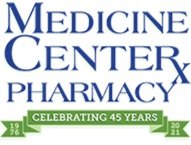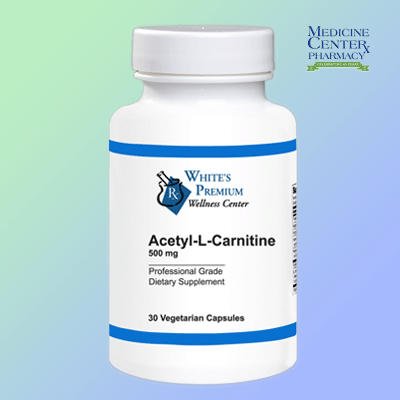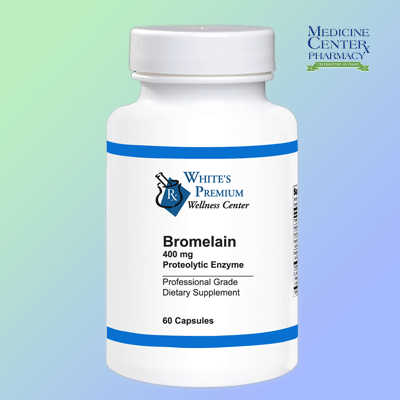Positive Impact Donating Blood Has On People’s Lives
Health Matters with the Medicine Center Pharmacy. I’m pharmacist, Paul White. We’re glad you joined us. Before we begin, I’d like to thank our sponsors, Aultman Health Systems, Studio Arts & Glass, and Jenior Appraisals and Liquidations. Today Brad White and I are broadcasting from our administrative offices and our guests are Allyson Blake from Aultman Laboratory Services at the Canton Campus and Lori Leonard, Injury Prevention and Outreach Coordinator for Aultman Trauma Services.
Many people believe that most blood is needed after major disasters. However, daily personal emergencies and the ongoing medical needs of thousands of patients require a constant and ready blood supply. It’s the blood already on hospital shelves that saves lives. Today there is a critical need for blood donations and we would like to dedicate our show to sharing information about blood donations.
When you donate blood, you’re part of something bigger than yourself. It is a simple act and the ultimate pay-it-forward moment. Please enjoy our show today as we talk with Allyson and Lori about the process of donating blood, the safety precautions in place and the positive impact donating blood has on people’s lives. We understand there is a critical need for blood across the nation. What does that mean and how many people need some type of blood product in the United States?
Every day in the U.S., patients in hospitals, surgical centers, and emergency treatment facilities need approximately:
36,000 units of red blood cells
7,000 units of platelets
10,000 units of plasma
We’d like to remind our listeners that today’s program is also available on our podcast which can be downloaded from the app store on your mobile phone. Look for Health Matters with the Medicine Center Pharmacy in your favorite podcast app and please subscribe.
Also, Listen to the Episode on your Favorite Podcast Platform
Tune in to Learn About the Blood Donations, Processes & Safety Precautions
How many products do people receive or have transfused each year?
What blood type do hospitals most request and why?
How many people in our population actually have O-negative and O-positive blood types?
Why is blood donation critical to saving lives?
Is donated blood used whole for everyone? What are the components of blood?
What red blood cells are and what do they do in our bodies?
How are donated red blood cells used for patients who need them?
How platelets are important for recipients?
What types of patients receive platelets?
What is plasma and how is it used to treat patients?
What is cryoprecipitate and how is it used for treatment?
What do white blood cells do in our bodies?
What are granulocytes?
Who benefits from receiving blood transfusions or infusions of the components of blood?
Why is there a shortage of blood?
How have hospitals responded to the blood shortages?
Where can our listeners donate blood?
How do we find a local blood drive?
Can you explain the donation process and how much time someone should allow donating?
How often can a person donate blood?
What happens to the blood after donation?
How do you know that blood is safe for a recipient?
How long can donated blood be stored for future use?
Thank you to our guests, Allyson Blake from Aultman Laboratory Services at the Canton Campus and Lori Leonard, Injury Prevention and Outreach Coordinator for Aultman Trauma Services. We would like to remind our listeners if you suspect you have a medical issue, please contact your healthcare provider.
Thanks to our sponsors Aultman Health Systems, Studio Arts & Glass, and Jenior Appraisals and LIquidations. As always, we thank our listeners for joining us on Health Matters with the Medicine Center Pharmacy.
Have a healthy week and we’ll see you again next Friday right here on News Talk 1480 WHBC.
FDA-Approved White’s Premium Vitamins and Supplements
LATEST POSTS






















5-Hydroxytryptophan (5-HTP) is an intermediate in the natural synthesis of the essential amino acid tryptophan to serotonin. Serotonin is an important neurotransmitter involved in the regulation of endocrine and brain activity responsible for emotion, appetite, and sleep/wake cycles.